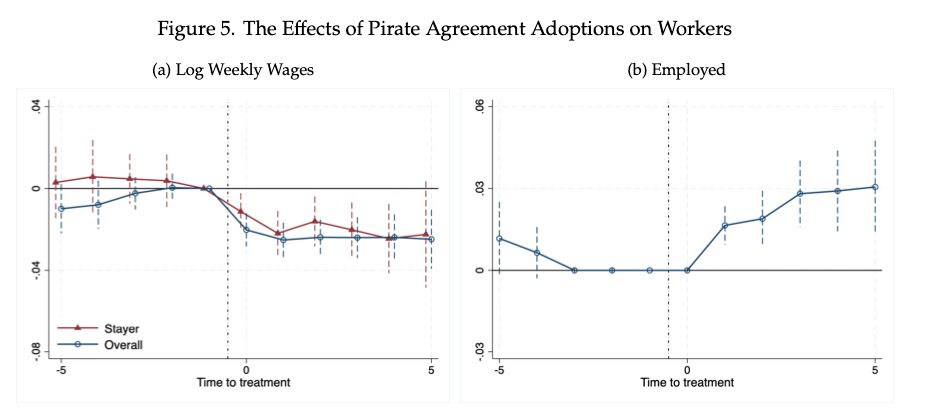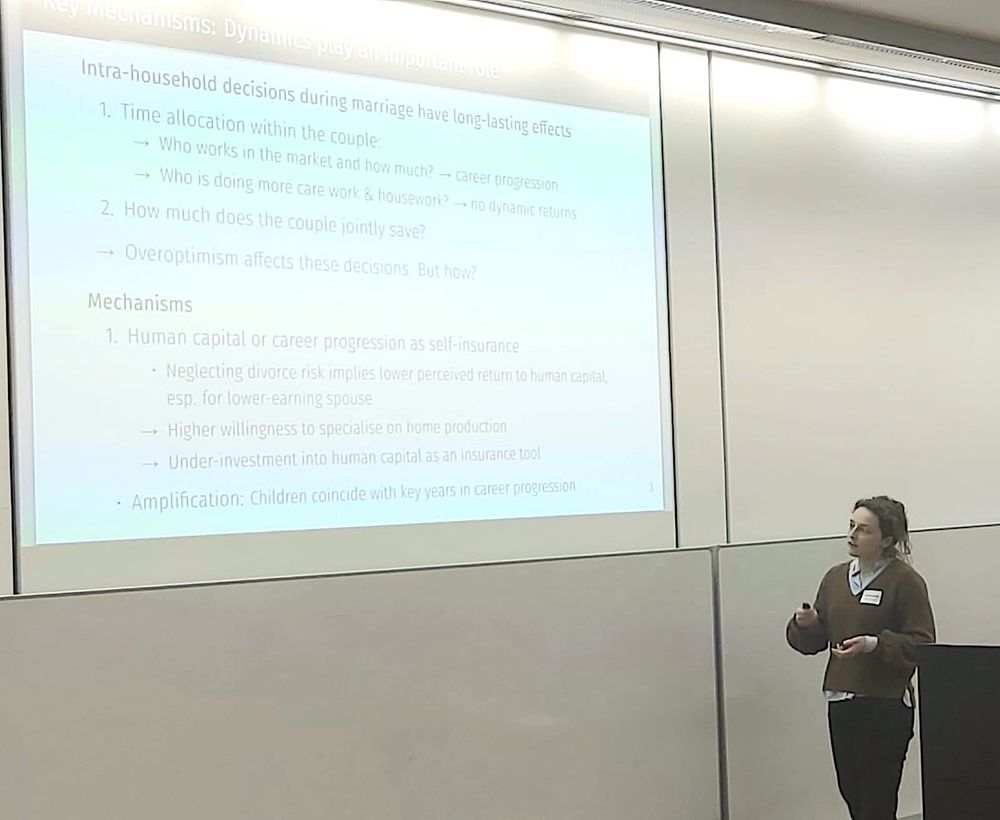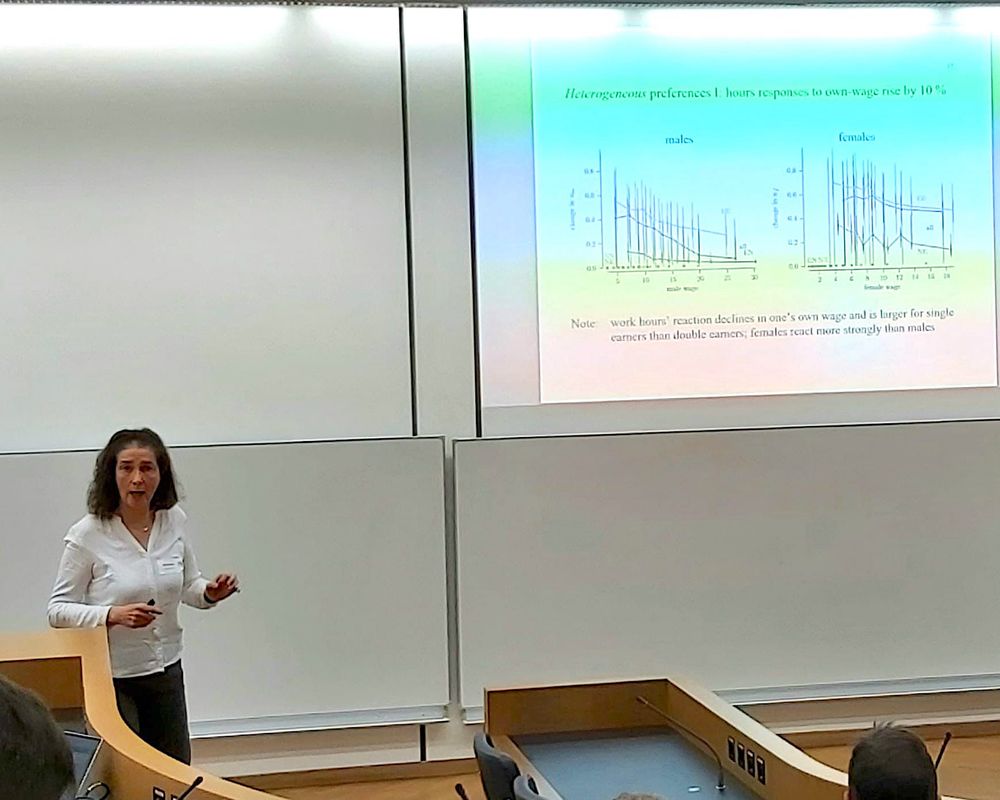Labor, Macro, Public, AI
https://sites.google.com/view/chiaralacava/home












Learn more on ongoing research here: fqmg.de/miihd/
@leokaas.bsky.social @georgduernecker.bsky.social


Learn more on ongoing research here: fqmg.de/miihd/
@leokaas.bsky.social @georgduernecker.bsky.social





